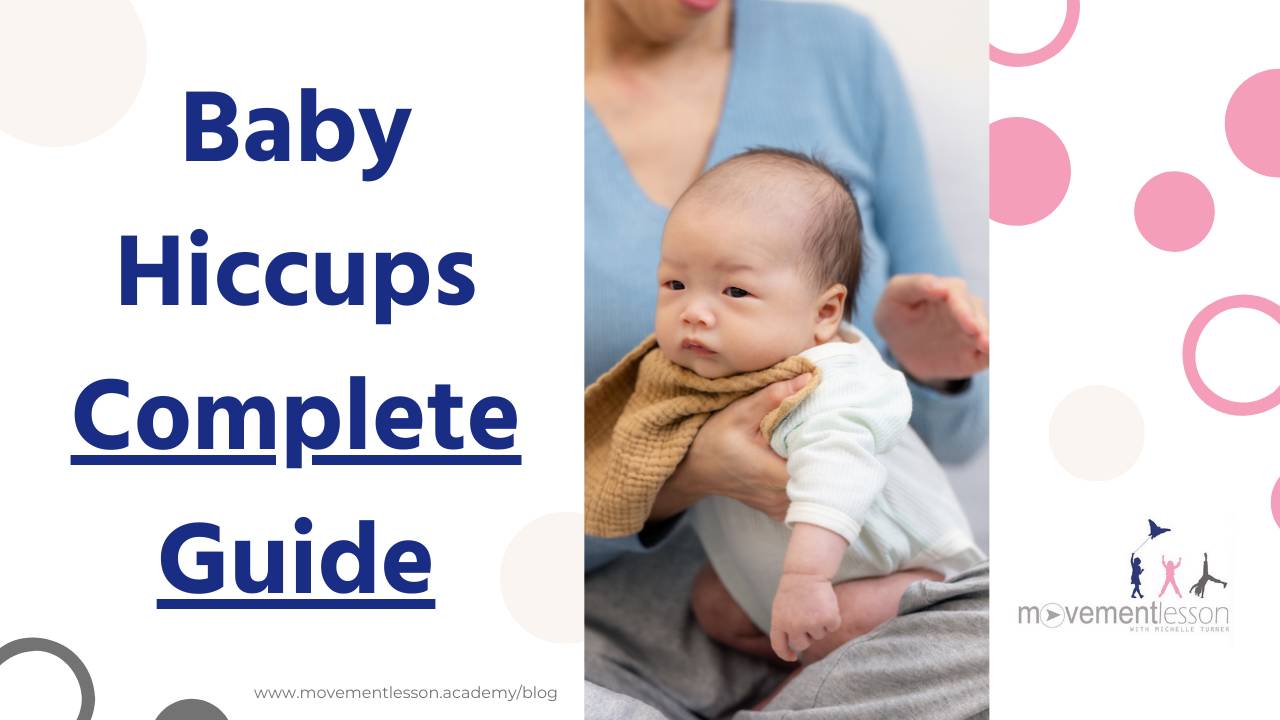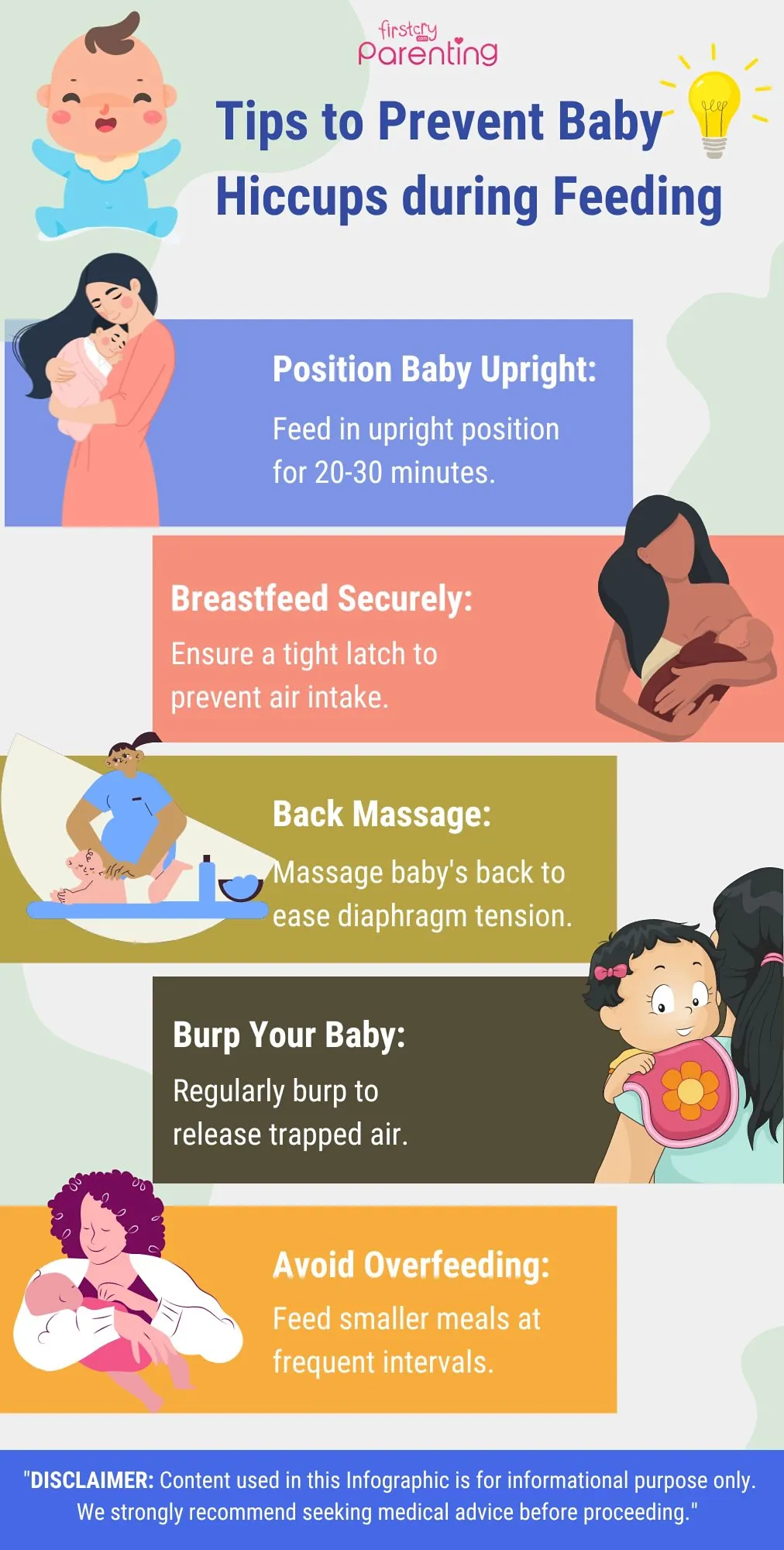Why Do Kids Get Hiccups?
Why Do Kids Get Hiccups?
A Complete Parent's Guide to Understanding, Treating, and Preventing Hiccups in Children
Children commonly experience hiccups due to their developing digestive and respiratory systems
Quick Summary
Hiccups in children are extremely common and usually harmless. They occur when the diaphragm muscle spasms involuntarily, causing the characteristic "hic" sound. Most childhood hiccups resolve on their own within minutes to hours and rarely require medical intervention.
What Are Hiccups and Why Do They Happen?
Hiccups are one of those mysterious bodily functions that seem to serve no useful purpose, yet they're incredibly common in children of all ages. From newborns to teenagers, kids experience hiccups far more frequently than adults, often leaving parents wondering if there's cause for concern.
At their core, hiccups are involuntary spasms of the diaphragm – the large muscle that sits below your lungs and helps you breathe. When this muscle contracts suddenly and unexpectedly, it causes you to quickly suck in air. This rapid intake of air makes your vocal cords snap shut, creating that distinctive "hic" sound we all recognize.
Did You Know?
Babies can actually get hiccups while still in the womb! Many pregnant mothers report feeling rhythmic movements that are likely fetal hiccups, occurring as early as the first trimester.
The scientific name for hiccups is "singultus," derived from the Latin word meaning "to sob" or "to gasp." While hiccups might seem random, they actually follow a specific physiological pattern that researchers are still working to fully understand.
The Anatomy of a Hiccup
To understand why children get hiccups so frequently, it helps to understand the complex process behind each "hic." The diaphragm is a dome-shaped muscle that separates your chest cavity from your abdominal cavity. When you breathe in, this muscle contracts and moves downward, creating space for your lungs to expand. When you breathe out, it relaxes and moves upward.

The diaphragm muscle plays a crucial role in breathing and is the primary cause of hiccups when it spasms
During a hiccup, several things happen in rapid succession:
- Diaphragm Spasm: The diaphragm suddenly contracts involuntarily
- Air Intake: This contraction causes a rapid intake of about 35 milliliters of air
- Vocal Cord Closure: The sudden rush of air triggers your vocal cords to snap shut
- Sound Production: The closed vocal cords vibrate, creating the "hic" sound
- Brief Pause: There's typically a short pause before the cycle potentially repeats
This entire process happens in about 0.2 seconds, which is why hiccups can feel so sudden and surprising, especially to young children who might not understand what's happening to their body.
Why Are Hiccups More Common in Babies and Young Children?
If you've spent any time around babies and toddlers, you've probably noticed that they seem to hiccup much more frequently than older children and adults. This isn't your imagination – there are several developmental reasons why younger children are more prone to hiccups.
Immature Nervous System
One of the primary reasons babies and young children experience more hiccups is their still-developing nervous system. The nerves that control the diaphragm, particularly the phrenic nerve and vagus nerve, are not yet fully mature in infants and toddlers.
The phrenic nerve, which originates in the neck and travels down to the diaphragm, is responsible for controlling diaphragm contractions. In babies, this nerve is still learning to coordinate proper breathing patterns and can sometimes send mixed signals, leading to the spasmodic contractions we recognize as hiccups.
Normal Development
Frequent hiccups in babies and toddlers are actually a sign of normal nervous system development. As children grow and their neural pathways mature, hiccup frequency typically decreases.
Smaller Stomach Capacity
Young children have significantly smaller stomach capacity compared to adults, which makes them more susceptible to the stomach distension that can trigger hiccups. A baby's stomach is roughly the size of their fist – about 1-2 ounces for newborns and gradually increasing to about 4 ounces by four months of age.
When a small stomach fills quickly, it can push against the diaphragm from below, irritating this sensitive muscle and potentially triggering a hiccup episode. This is why hiccups are so common after feeding in infants and young children.
Rapid Growth and Development
Children's bodies are constantly growing and changing, which means their internal organs are also adapting to new sizes and positions. The diaphragm, along with other muscles involved in breathing and digestion, must constantly adjust to accommodate this growth.
During periods of rapid growth, particularly in the first year of life and during growth spurts in toddlerhood, the coordination between these developing systems can sometimes go awry, leading to more frequent hiccups.

A comprehensive understanding of baby hiccups helps parents respond appropriately
Common Triggers: What Causes Hiccups in Children?
While hiccups can sometimes seem to appear out of nowhere, they usually have identifiable triggers. Understanding these common causes can help parents both prevent hiccups and respond appropriately when they occur.
Feeding-Related Triggers
Feeding is by far the most common trigger for hiccups in babies and young children. Several aspects of eating and drinking can contribute to hiccup episodes:
Eating Too Quickly
When children eat rapidly, they tend to swallow more air along with their food. This excess air can cause the stomach to expand quickly, putting pressure on the diaphragm and potentially triggering hiccups. This is especially common in:
- Hungry babies who feed eagerly at the breast or bottle
- Toddlers excited about their favorite foods
- Children who are distracted while eating (watching TV, playing games)
- Kids who are in a hurry to finish their meal
Overfeeding
A overly full stomach is one of the most reliable hiccup triggers in children. When the stomach becomes distended, it pushes up against the diaphragm, irritating this sensitive muscle. Signs that overfeeding might be causing hiccups include:
- Hiccups that consistently occur after meals
- Accompanying symptoms like spitting up or apparent discomfort
- Difficulty settling down after eating
- Refusing additional food or drink

Proper feeding techniques can significantly reduce hiccup frequency in babies and young children
Temperature Sensitivity
Very hot or very cold foods and drinks can sometimes trigger hiccups in sensitive children. The theory is that extreme temperatures can cause rapid changes in stomach temperature, which may irritate nearby nerves and trigger diaphragm spasms.
Carbonated Beverages
While most babies don't consume carbonated drinks, older toddlers and preschoolers who are introduced to sodas or sparkling water may experience hiccups from the bubbles. The carbon dioxide gas can cause stomach distension and trigger hiccups.
Non-Feeding Triggers
Hiccups don't always relate to eating and drinking. Several other factors can trigger episodes in children:
Excitement and Emotional States
Strong emotions, particularly excitement, can trigger hiccups in children. This might be due to changes in breathing patterns that accompany emotional states. You might notice hiccups when your child is:
- Very excited about an upcoming event
- Laughing hard or giggling extensively
- Crying intensely
- Feeling anxious or nervous
Temperature Changes
Sudden changes in body temperature or environmental temperature can sometimes trigger hiccups. This might occur when:
- Moving from a warm house to cold outdoor air
- Taking a hot bath after being cool
- Consuming very hot or cold items
- Having a fever
Physical Activity
Sometimes physical activity, particularly activities that involve sudden movements or changes in breathing patterns, can trigger hiccups. This might include:
- Running or jumping vigorously
- Sudden startling or surprise
- Certain yoga poses or stretching
- Activities that require breath-holding
When to Be Concerned
While most hiccup triggers are harmless, persistent hiccups that last more than 48 hours, interfere with feeding or sleeping, or are accompanied by other symptoms like difficulty breathing should be evaluated by a pediatrician.
How Long Do Hiccups Last in Children?
The duration of hiccups in children can vary significantly depending on the cause, the child's age, and individual factors. Understanding typical hiccup patterns can help parents know what to expect and when intervention might be necessary.
Typical Duration Patterns
Newborns (0-3 months)
Newborn hiccups are often the shortest in duration but may occur most frequently. Typical patterns include:
- Duration: Usually 5-15 minutes
- Frequency: May occur several times per day
- Pattern: Often related to feeding cycles
- Intensity: Generally mild and don't seem to bother the baby
Infants (3-12 months)
As babies grow, their hiccup patterns often change:
- Duration: Typically 10-30 minutes
- Frequency: Usually decreases compared to newborn stage
- Pattern: Still often feeding-related but may have other triggers
- Intensity: May be more noticeable but rarely distressing
Toddlers and Preschoolers (1-5 years)
Older children's hiccups often follow adult-like patterns:
- Duration: Can range from a few minutes to several hours
- Frequency: Less frequent than in infancy
- Pattern: More likely to be triggered by specific foods, drinks, or activities
- Intensity: Children may find them annoying or amusing
Factors Affecting Duration
Several factors can influence how long hiccups last in children:
Age and Development
Younger children often have shorter but more frequent hiccup episodes, while older children may have longer episodes that occur less often. This is likely related to the maturation of the nervous system and better coordination of breathing and swallowing reflexes.
Underlying Cause
The trigger for the hiccups often affects their duration:
- Feeding-related hiccups: Usually resolve within 15-30 minutes as food digests
- Excitement-induced hiccups: Often stop when the child calms down
- Temperature-related hiccups: Typically brief, lasting only a few minutes
- Unknown cause hiccups: Can be unpredictable in duration
Individual Variation
Just like adults, some children seem more prone to longer hiccup episodes while others have brief, infrequent hiccups. This individual variation is normal and
